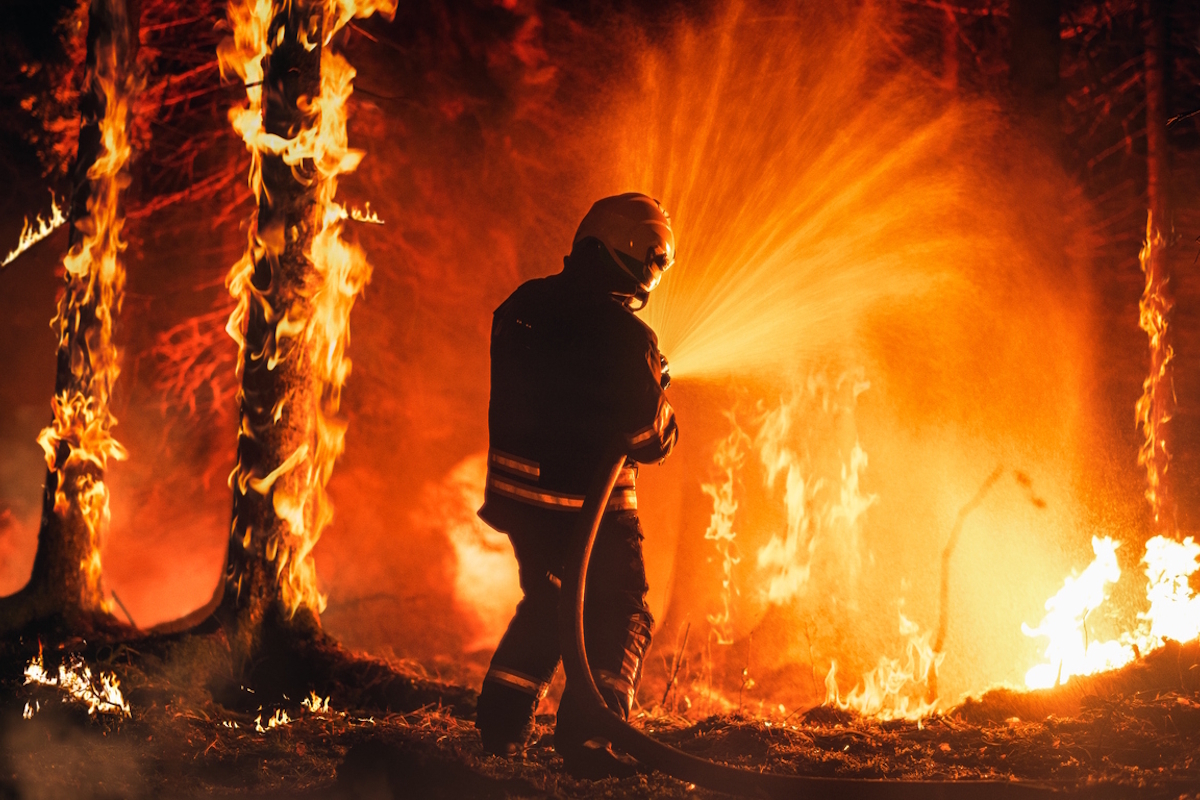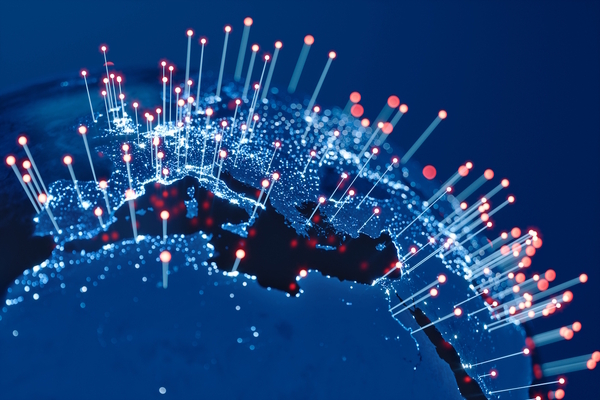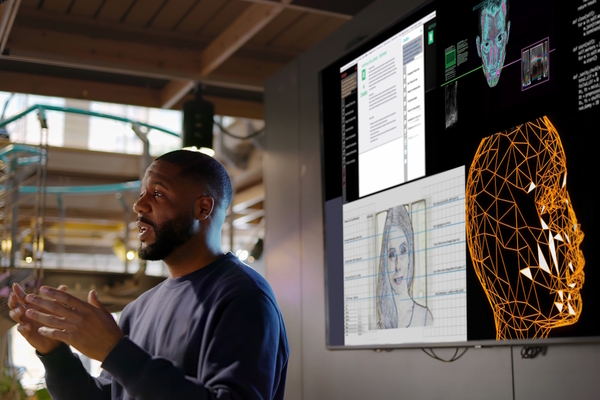The shifting focus of global risk

Andrew Devereux at Healix outlines how global risks are changing and the impact this is having on businesses
Over the past five years, the annual Healix Risk Radar report has highlighted impactful global risks affecting businesses. The global risk landscape has undergone dramatic shifts, with businesses navigating a range of challenges. From the COVID-19 pandemic and geopolitical tensions, to cyber-threats, economic instability, and climate-related disasters, organisations have had to traverse an increasingly complex and volatile environment.
While the nature of risk continues to shift, the key ingredient for resilience has remained constant – preparation. It is essential for survival and long-term success.
The risks that changed how we do business
COVID-19: The pandemic’s impact on operational preparedness
The COVID-19 pandemic forced a rethink of how external shocks can impact operational resilience. It pushed companies to embrace remote work, build flexible supply chains, and ramp up digital transformation practically overnight to ensure ‘business as usual’.
Businesses rapidly adopted cloud solutions, enhanced cybersecurity, and implemented collaboration tools, such as Zoom and Teams to ensure productivity levels.
The result is more hybrid ways of working with businesses better prepared for a major disruption that could impact its people, operations and assets.
The rise of ransomware attacks and phishing
New remote working arrangements opened up opportunities for cyber-criminals who attempted to exploit the pandemic by deploying new and innovative online threats.
Cyber-attacks carry financial and reputational risk. Therefore, businesses should implement multiple layers of cyber-protection – extending beyond the workplace, safeguarding employees wherever they work to ensure comprehensive cyber-security resilience.
Organisations can further strengthen security by training staff to prepare and confidently respond to a cyber-breach.
The impact of extremism on business travel
When it comes to extremism, the UN has identified Africa as the epicentre for terrorist attacks due to the instability in Sub-Saharan Africa. Some of the key drivers for this include weak governance, the lack of international investment and poverty leaving people vulnerable to radicalisation.
In Europe, terrorist attacks are currently low-impact, but still causing political polarisation. For example, recent attacks in Germany have resulted in 32% of voters citing immigration as the most important election issue, with far-right parties gaining more traction in mainstream politics.
For business travellers or employees working abroad, the risks are multi-faceted and organisations need to invest in dedicated intelligence channels and work on the assumption that things could go wrong.
Geopolitics
From economic shifts driven by trade agreements to the ripple effects of conflicts, global decisions shape the business world in complex ways.
For example, the Russia-Ukraine conflict triggered global energy spikes as nations quickly divested from Russian energy sources. It created supply chain issues as countries reliant on Russian energy supplies and distribution grappled with the consequences of sanctions upon Russian entities.
The shifting global order means efficiency, sustainability and stability are increasingly being prioritised over cost reduction. Consequently, organisations are leaning towards “friend-shoring” or “near-shoring”, favouring supply chains with either geopolitical allies or localised networks of buyers, suppliers or manufacturers.
The consequences involve businesses re-evaluating supply chains to ensure continuity, stability, guaranteed manufacturing, to stay in business.
Extreme weather and natural disasters
Global temperatures have seen a steady rise year-on-year, with 2024 being the warmest on record – exceeding 1.5°C above pre-industrial levels. The result is an increase in extreme weather events, causing supply chain disruption, infrastructure damage, and significant financial losses.
The severe wildfires in LA in January this year destroyed 16,000 property structures, leaving hundreds of people without homes, schools and businesses. In the UK, hundreds were evacuated due to severe flooding in northwest England over the New Year’s period, causing disruption and damage to property and infrastructure.
Businesses face rising insurance costs and growing regulatory pressures for sustainable practices. Additionally, workforce displacement and resource scarcity can further strain operations, making long-term planning more complex.
How risk management has changed
Risks have become more intertwined and largely, no longer considered in isolation. For example, political polarisation can have an impact on the travel risks for the LGBTQ+ community.
From a personal risk perspective, organisations need to be aware of world trends when it comes to LGBTQ+ rights and how its staff could be affected whilst travelling abroad for work.
Conducting pre-travel risk assessments for travelling employees allow for all risks to be evaluated and necessary mitigation measures to be put in place.
Top tips for businesses – how to prepare
As uncertainty continues to shape the global environment, companies must remain agile, continuously refining their risk management frameworks to navigate emerging challenges and seize new opportunities. Here are some ways they can prepare:
- Conduct geopolitical risk analysis – invest in the necessary expertise from third parties. This will also instil confidence in employees, investors and other stakeholders in your ability to deal with global risk to ensure business continuity
- Establish flexibility within global supply chains and network of strategic partners
- Invest in cyber-security and data protection
- Establish clear guidelines for staff travelling and working abroad and clearly communicate these
- Establish clear guidelines for staff when facing an emergency at company locations and invest in training
- Leverage technology for risk management
- Continuously review crisis plans
The future of risk management will depend on innovation, collaboration, and a commitment to building long-term resilience in an ever-changing world.
Andrew Devereux is Global Risk Intelligence Manager at Healix, a risk management and healthcare services company
Main image courtesy of iStockPhoto.com and gorodenkoff

Business Reporter Team
Most Viewed
Winston House, 3rd Floor, Units 306-309, 2-4 Dollis Park, London, N3 1HF
23-29 Hendon Lane, London, N3 1RT
020 8349 4363
© 2025, Lyonsdown Limited. Business Reporter® is a registered trademark of Lyonsdown Ltd. VAT registration number: 830519543





